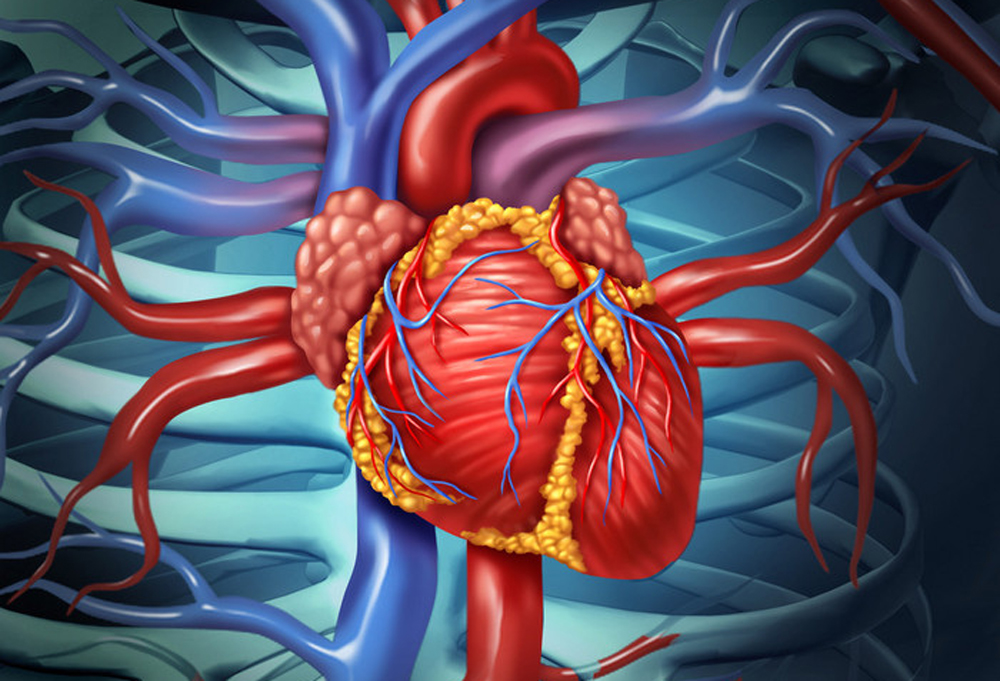5-Amino-1MQ Iodide is a small molecule inhibitor that has garnered attention for its potential pharmacological effects, particularly related to its impact on the nicotinamide N-methyltransferase (NNMT) enzyme. NNMT plays a role in the methylation of nicotinamide, and inhibition of this enzyme can influence cellular metabolism, energy balance, and even age-related processes.
Here are some of the key pharmacological effects that have been linked to 5-Amino-1MQ Iodide:
1. Inhibition of NNMT:
- Primary Mechanism of Action: 5-Amino-1MQ Iodide primarily functions by inhibiting the NNMT enzyme. This enzyme is involved in the methylation of nicotinamide, and its inhibition can lead to altered metabolic processes in cells, particularly those associated with energy metabolism.
- Effect on Metabolism: NNMT inhibition has been shown to increase NAD+ levels (Nicotinamide Adenine Dinucleotide), which can enhance mitochondrial function and cellular energy metabolism. This effect could potentially have beneficial impacts on conditions like metabolic disorders, obesity, and aging.

2. Potential Metabolic and Weight Management Effects:
- Studies have suggested that inhibition of NNMT could lead to changes in fat storage, glucose metabolism, and lipid profile, which may provide a potential therapeutic strategy for weight management or metabolic diseases like Type 2 diabetes.
3. Neuroprotective Effects:
- In the context of neurodegenerative diseases, increased NAD+ levels resulting from NNMT inhibition may have neuroprotective benefits. NAD+ is important for cellular repair mechanisms, including those that mitigate oxidative stress and DNA damage, both of which are factors in neurodegeneration.
4. Influence on Aging:
- As NAD+ plays a crucial role in aging and age-related diseases, 5-Amino-1MQ Iodide is effect on boosting NAD+ levels could potentially have anti-aging effects. It may promote cellular repair, DNA stability, and improve overall cellular function.
5. Possible Anticancer Properties:
- There is some preliminary evidence suggesting that 5-Amino-1MQ Iodide may have anticancer potential. NNMT has been implicated in cancer cell metabolism, and inhibiting NNMT may disrupt cancer cell proliferation or alter tumor microenvironments, although more research is required to confirm this effect.
6. Impact on Inflammation:
- NNMT is thought to be involved in inflammatory pathways. Inhibiting NNMT may reduce chronic inflammation, which is implicated in various diseases such as cardiovascular disease, diabetes, and autoimmune conditions.
7. Effect on DNA Repair:
- NAD+ plays an essential role in DNA repair through its involvement in sirtuins and other repair mechanisms. Increased NAD+ levels as a result of 5-Amino-1MQ Iodide might enhance DNA repair and protect cells from mutations or damage.

8. Side Effects and Toxicity:
- While the pharmacological effects of 5-Amino-1MQ Iodide appear promising, the safety profile and potential side effects are not yet fully established. Like any compound, off-target effects could occur, and the long-term consequences of NNMT inhibition need to be thoroughly studied to understand its safety for human use.
Conclusion:
5-Amino-1MQ Iodide shows promise as a modulator of metabolic and cellular processes through NNMT inhibition, with potential applications in areas such as metabolic disease, aging, neuroprotection, and cancer therapy. However, as with any emerging therapeutic, more extensive research and clinical trials are required to establish its efficacy and safety profile.
